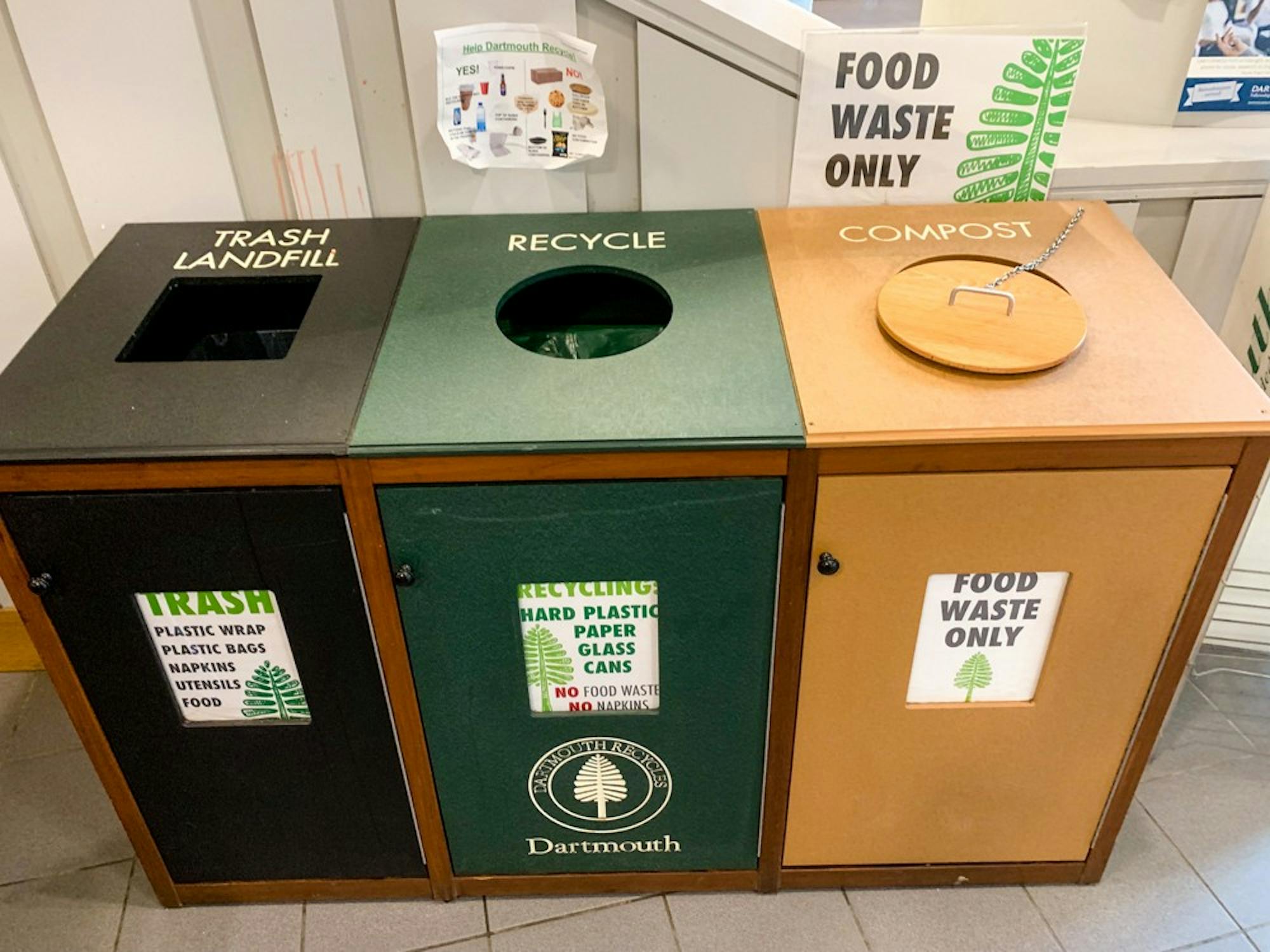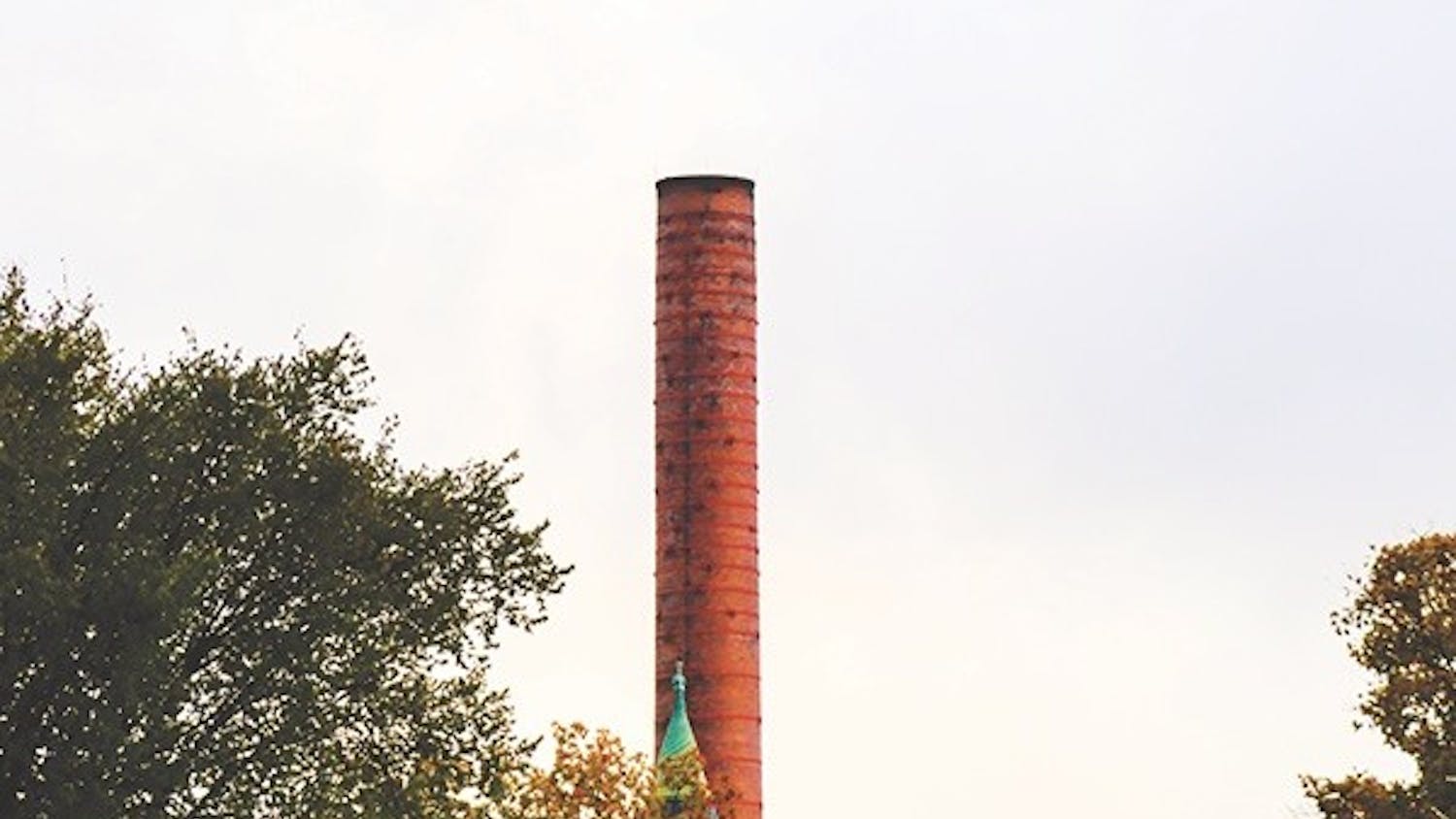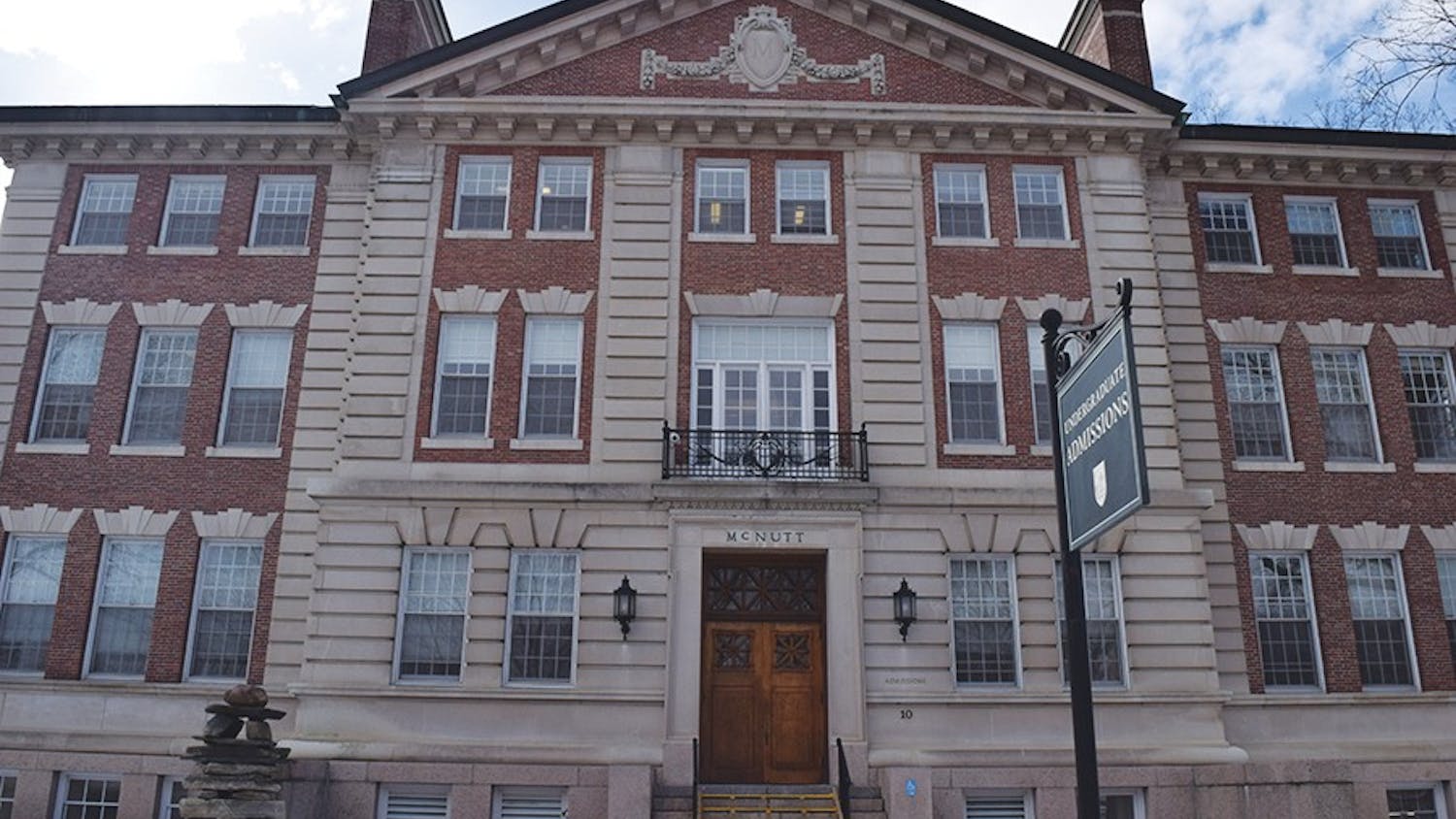The usual whispers of “Dartmouth doesn’t recycle” and “Compost just gets trashed” have come around again this summer. For years, these rumors have circulated around campus. So what does recycling and composting at Dartmouth actually look like?
In 2017, College President Phil Hanlon set forth sustainability goals with the College’s “Our Green Future: The Sustainability Road Map for Dartmouth" report. The report said the College aims to improve its rate of diversion of waste away from landfills to 50 percent of our waste stream by this year, 80 percent by 2025 and 100 percent by 2035, according to FO&M contracts process coordinator Susan Weider. However, according to Weider, Dartmouth is only doing an “okay job” at diverting waste. She said that the College as a whole can do much more to improve its waste diversion.
According to data collected by the Sustainability Office, the College only diverted 33 percent of its waste during the 2018 fiscal year. This was a decline from the 2016 fiscal year, during which 51 percent of waste was diverted.
On campus, three divisions — FO&M, Dartmouth Dining Services, and the sustainability office — are working towards improving these numbers, according to sustainability office intern Michelle Wang ’21.
“While it does not appear as such, people are trying hard behind the scenes,” she said.
The waste disposal process starts with DDS, according to Weider. For example, there are composting and recycling bins at every dining hall on campus.
Weider said the biggest problem FO&M faces is contamination in composting and recycling bins on campus.
“Commodities are not willing to accept contaminated recycled material,” she said. “The global market’s willingness to accept contaminated material has dropped.”
Weider added that collectors used to accept materials that were 10 to 15 percent contaminated, but they are no longer willing to accept material contaminated at that high of a rate.
“If our stuff is contaminated, we pay a higher price,” she said.
Similarly, composted material that contains any materials other than food waste is not eligible to be composted, according to Weider.
She said the contamination is partly due to the confusion caused by the College changing the rules of what can be recycled and composted.
“There is not consistent signage [about what to compost or recycle] because there are no consistent rules,” Weider said. “FO&M says the rules are always changing. At one point, the contamination rates were so bad there was no recycling or composting.”
She added that the College currently employs a zero sort waste recycling policy, according to Weider. Zero sort recycling allows paper, cardboard, plastic, glass and metal cans to be collected together in one bin, according to the website for Casella, Dartmouth’s recycling and trash service.
“When zero sort first came into being, it encouraged students to recycle everything,” she said. “But that is not the case anymore.”
Because students are throwing non-recyclable waste into the recycling bins, the materials become contaminated and ineligible to be recycled, according to Weider. She said that these materials instead go to the landfill.
“We have relied on [zero waste] for a few years now and as we’ve seen it’s failed us,” sustainability office intern Jess Chen ’21 said. “Something needs to change if the recycling system is not working.”
Additionally, she said there have been issues with composting on campus, according to Weider. She said students were once able to compost both food waste and compostable to-go containers, but they can no longer do so.
“Students would confuse which containers were able to be composted and which were not,” she said.
According to Collis manager Michael Ricker, students still throw out the disposable to go containers at Collis because they have “compost” written on the side of the container.
“It says compost on the side, but cannot be composted, which can be an issue,” he said.
According to Wang, the incorrect disposal of containers is one of the “worst things” students actually see, and it gets them thinking about all the waste they don’t see.
“Students started Green2Go because, as students, we get angriest about what we see,” she said.
Chen said the most difficult part of recycling in general is getting students to change their habits.
“The hardest thing to change is human behavior,” Chen said. “Students have this perception that Dartmouth doesn’t recycle, so they don’t recycle. The sustainability office is constantly thinking about how we can get the word out that Dartmouth recycles.”
Chen added that she believes that Dartmouth needs to change its recycling system, but also focus on reducing waste in general.
“Recycling is a reflexive solution to [the] actual problem of producing waste,” she said.
Wang said she is hopeful that waste disposal will improve on campus in the coming years.
“I think in four years, we will see an increase in sorting, because [the] freshman class will be taught to do that on [Dartmouth Outing Club First Year Trips],” she said.
She advised students to be considerate about what they throw away in the trash.
“Don’t throw away Green2Go,” Wang said. “DDS is actually losing money by using the Green2Go program. Carry a reusable water bottle. Get a spork. These are not very glamorous things, but they are simple.”
Wang is an employee of The Dartmouth.




